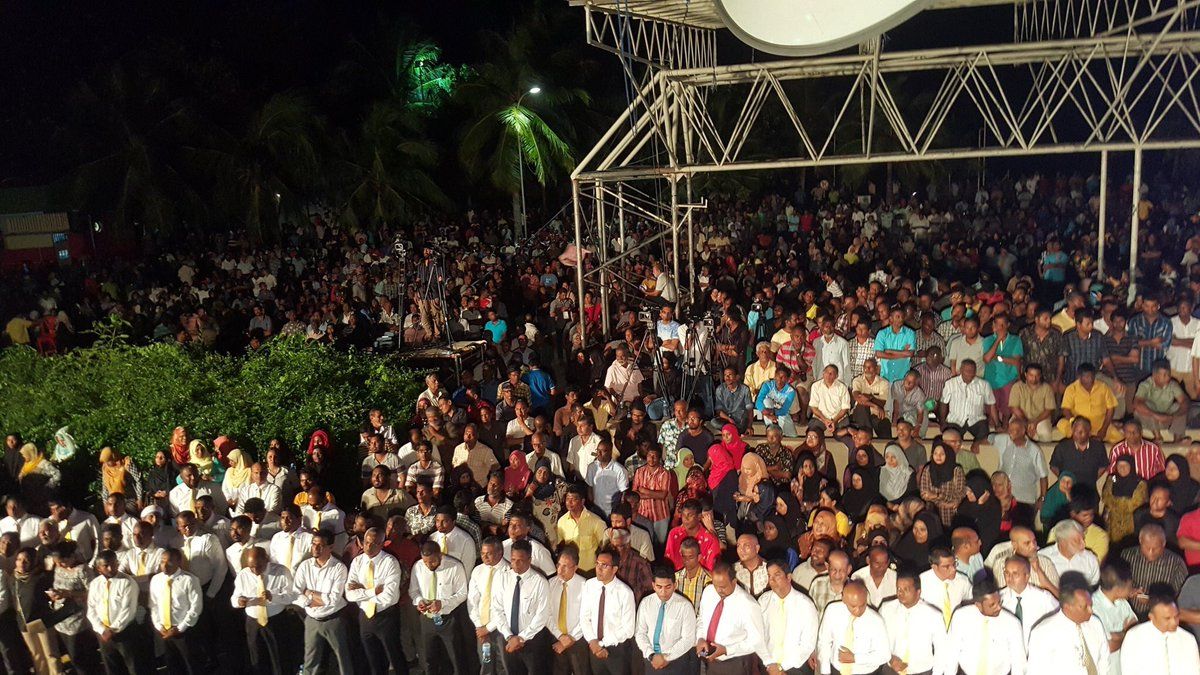MDP to partner with MUO to field candidates for local council elections
The MDP will field candidates for the upcoming local council elections in partnership with the new opposition coalition, the Maldives United Opposition. It also says it will boycott constituencies where electronic voting is to be introduced.

16 Aug 2016, 09:00
The Maldivian Democratic Party says it will field candidates for the upcoming local council elections in partnership with the new opposition coalition, the Maldives United Opposition.
The party’s national council has also approved a resolution to boycott polls in constituencies where the elections commission plans to introduce electronic voting. The MDP, the largest party in the Maldives, and the MUO claim electronic voting may lead to fraud and vote rigging.
The MUO is a coalition of opposition parties and former senior government officials that was established in exile in London in June. It has vowed to remove President Abdulla Yameen from office.
The council elections, scheduled for January, will be the first polls that the MUO contests as a coalition.
Become a member
Get full access to our archive and personalise your experience.
Already a member?
Discussion
No comments yet. Be the first to share your thoughts!
No comments yet. Be the first to join the conversation!
Join the Conversation
Sign in to share your thoughts under an alias and take part in the discussion. Independent journalism thrives on open, respectful debate — your voice matters.




